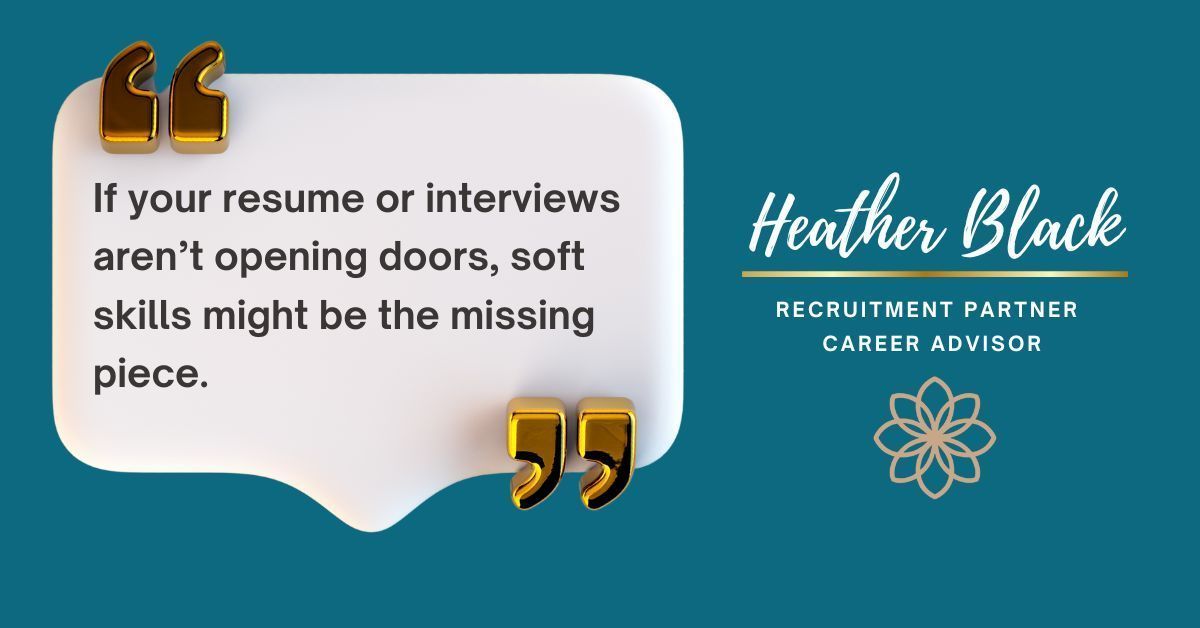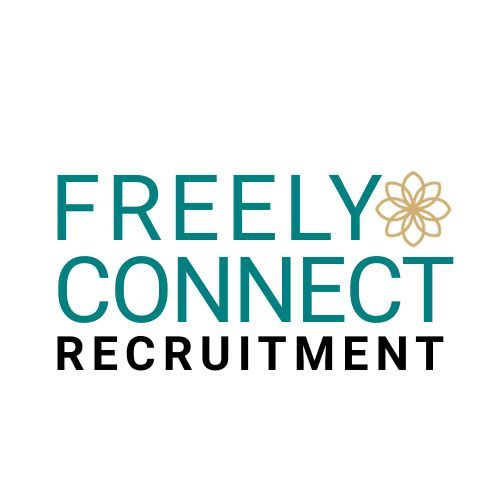Why Soft Skills Matter Most

My candidate nailed every technical requirement and still didn’t get the job. What was missing? Soft skills.
A few weeks ago, I was working with a hiring manager reviewing candidates for a senior role.
One person stood out on paper. They had deep industry experience, they were a great technical match, and they came from a top competitor.
But in the interviews?
No curiosity. No follow-up questions. No real effort to understand the team or the business. Just rehearsed lines and safe answers.
I sent my client another candidate with a bit less experience.
This person asked thoughtful questions, shared examples of navigating messy change and tough conversations, and tied what they heard in the interview to how they would lead if hired.
They got the job.
Here’s the truth I see every day: it’s not just about what you’ve done. It’s about how you show up, how you communicate, and how you work with others.
Let’s talk about soft skills.
They are the foundation of leadership and the starting point for anyone who wants to lead.
Here are a few I see hiring managers prioritize right now:
· Curiosity
· Self-awareness
· Emotional intelligence
· Clear communication (especially under pressure)
· Decisiveness, paired with humility
· Coaching and mentoring ability
· Adaptability in messy or shifting environments
· Influence without ego
These are not things you just list on a resume. They need to show up in how you talk about your work.
Which brings me to this: if you’re trying to communicate soft skills in your resume, don’t just include them in a list of adjectives at the top.
Show them in your bullet points.
Here are some examples:
· Built trust with a newly assigned cross-functional team, improving collaboration and reducing project turnaround time by 30% within 3 months.
(Emphasizes relationship building, team alignment, and communication)
· Facilitated weekly 1:1s and team huddles that increased employee engagement scores by 22% and reduced turnover by half over one fiscal year.
(Highlights emotional intelligence, communication, and team development)
· Navigated conflicting stakeholder priorities by mediating tough conversations and aligning expectations, resulting in a 25% increase in on-time project delivery.
(Showcases conflict resolution, diplomacy, and strategic communication)
Bottom line: if your resume or interviews aren’t opening doors, soft skills might be the missing piece.
If you want to stand out, don’t just talk about what you’ve done. Show how you work with people.
That’s what hiring managers are looking for.
You're Hired!



